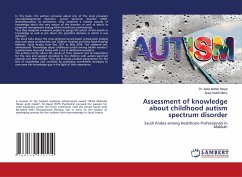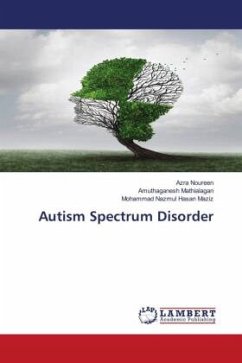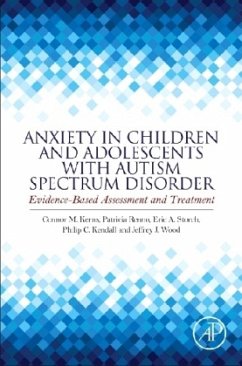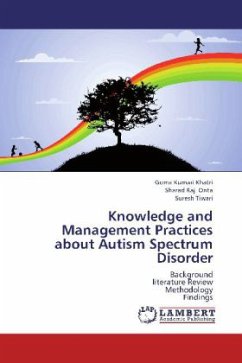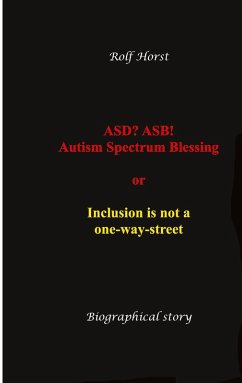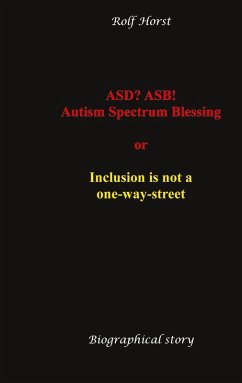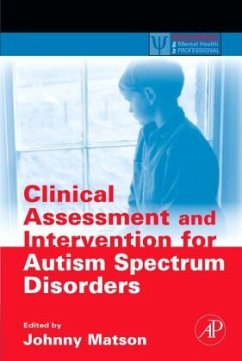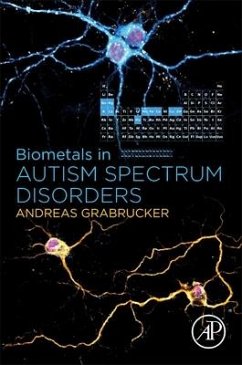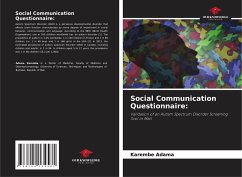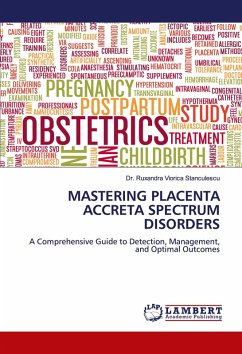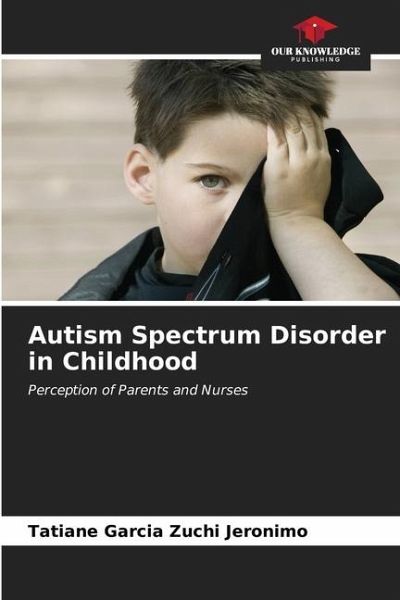
Autism Spectrum Disorder in Childhood
Perception of Parents and Nurses
Versandkostenfrei!
Versandfertig in 6-10 Tagen
27,99 €
inkl. MwSt.

PAYBACK Punkte
14 °P sammeln!
Autism spectrum disorder (ASD) is characterised by the observation of restricted interests and activities by children, as well as the presence of qualitative changes in reciprocal social interactions and communication modalities, making it difficult for them to interact with their parents and carers. The aim of this research was therefore to understand and explain the perception of parents and nurses about living with children with ASD and the values and habits they experience with children and adolescents with this diagnosis. The theory of social representations was chosen as the theoretical ...
Autism spectrum disorder (ASD) is characterised by the observation of restricted interests and activities by children, as well as the presence of qualitative changes in reciprocal social interactions and communication modalities, making it difficult for them to interact with their parents and carers. The aim of this research was therefore to understand and explain the perception of parents and nurses about living with children with ASD and the values and habits they experience with children and adolescents with this diagnosis. The theory of social representations was chosen as the theoretical support for this work, as it is the most appropriate reference for analysing the care provided by nurses and parents to children and adolescents. This study has helped to demonstrate that parents find it very difficult to understand the complexity of the presentation of the autistic spectrum and that parents look to health professionals for technical support in guiding treatment. Nurses, on the other hand, understand this role in relation to families and are concerned about the need for qualifications so that they can help families properly.



